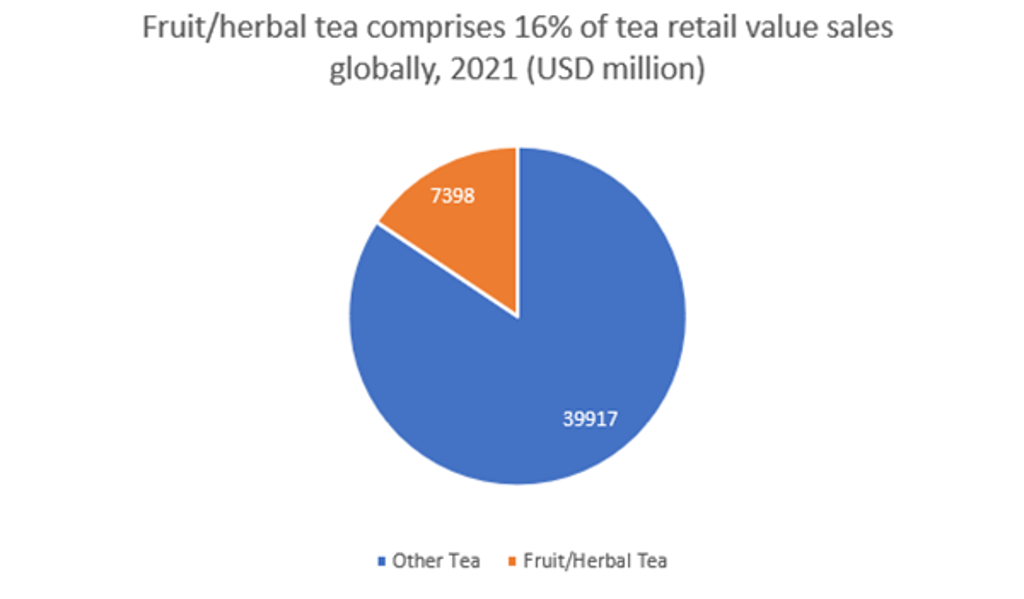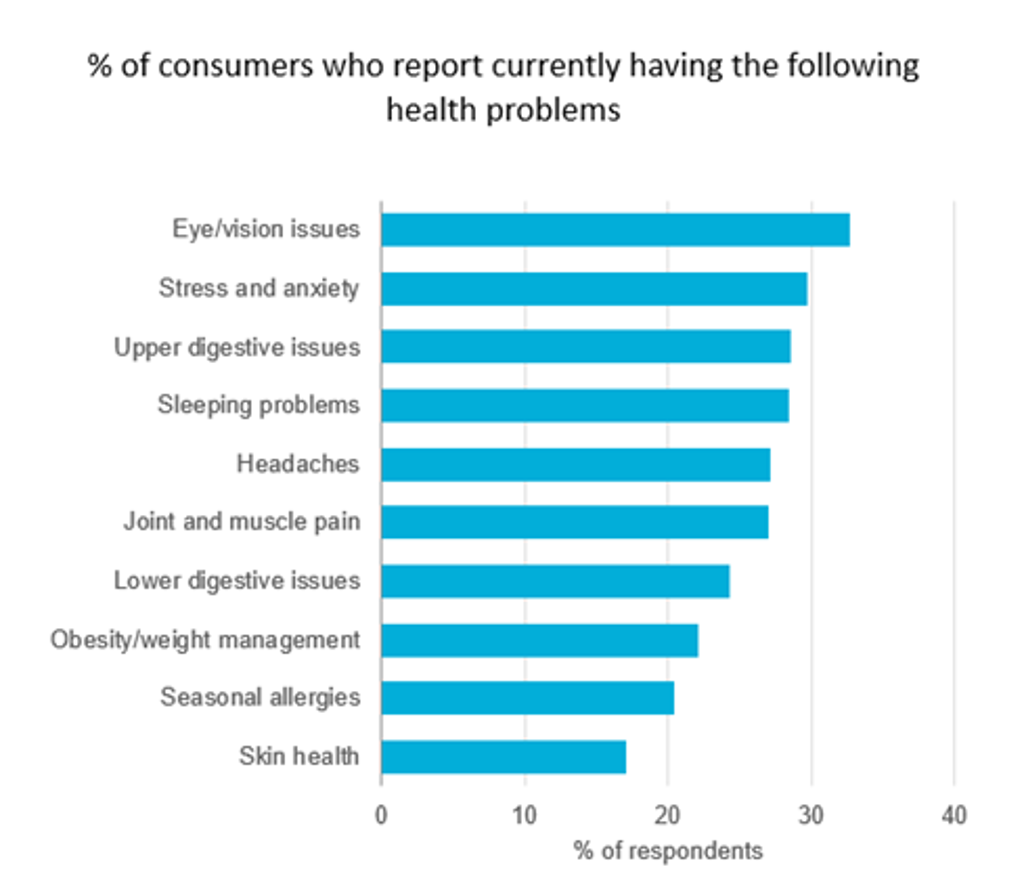Interview with Mr. Dilhan C. Fernando, CEO, Dilmah Tea.
How has the consumption of tea evolved over time?
Traditionally, black tea, green tea and familiar herbal infusions such as chamomile and peppermint have been more popular amongst consumers. However, this is evolving as a new generation drives change in a tea category where for decades, price has meant more than taste or goodness. The trend that millennials and Generation Z are forcing is linked to taste and wellness but so much more. As younger customers turn to tea, they are demanding a more sincere appreciation of ethics and sustainability, demonstrating a willingness to pay more for good, ethical teas. Their desire for taste adventure is fuelling growth in oolong, artisanal teas and a wider variety of herbs associated with mood or wellness benefits.
How has COVID-19 accelerated the consumption of tea?
Post-pandemic, there is a significant increase in preference for health beverages, which tea falls within due to its natural antioxidant benefits. It is not only consumer demand that drives consumption, but also tea players launching new varieties. There is renewed emphasis on authenticity and the rediscovery of ancient, Ayurveda-inspired herbal remedies. This includes fruit/herbal tea, due to its health properties and natural ingredients.

What are the benefits of tea that seek to boost one’s immunity?
Tea that is traditionally made and packed fresh has an abundance of natural antioxidants. Good quality black, green, oolong and white tea have uniquely high flavonoid content. Flavonoids are antioxidants that can protect our bodies from oxidative stress – a key factor in the development of major diseases. Antioxidants in tea are also said to boost immunity and help the body cope with emotional stress. Importantly, tea contains L-Theanine, which is also said to enhance alertness, and relax the mind without inducing drowsiness.

Source: Euromonitor International Health and Nutrition Survey, 2020
With growing consumer interest towards new variants of tea, how is this expected to grow?
Consumer lifestyles have changed irrevocably and there is a greater focus on innovation towards health. At the same time, there is a move towards tea and infusions with health benefits as well as utilising herbs such as moringa. While these volumes are small, they are set to accelerate over time, with this growing interest mainly seen in Europe, the Middle East and the US.
With increasing awareness of tea, how will tea be expected to perform globally in 2022 and over the next few years?
Tea will undoubtedly experience growth in line with consumer preference for natural beverages with health benefits, as well as the taste trend for more diverse flavours. Tea is likely to pivot around authenticity over the next few years. Like antioxidants, this is a feature that real tea offers in abundance.
The traditional method of making tea is based on respect for nature – handpicking the most tender leaves, where flavour and natural antioxidants are highest, withering the leaf to concentrate both, and rolling in a manner that mimics the physicians of 5,000 years ago, when it was originally prepared as a medicine. Finally, fermenting (black and oolong tea), and then firing or drying.
With the tea plant Camellia sinensis, so dramatically shaped by a confluence of natural factors such as wind, sunshine, rain, humidity and soil, this method of manufacturing nurtures in each batch of tea a very specific expression of nature – its terroir. This is an aspect of fine tea that more consumers are growing to appreciate.
